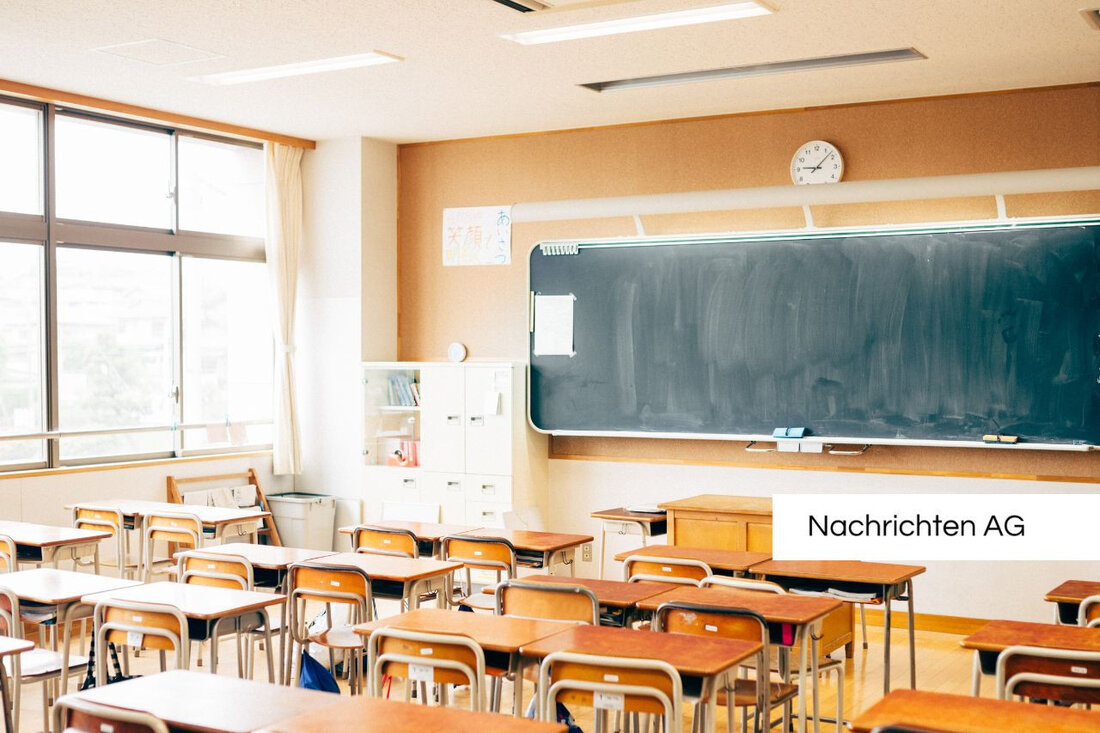Media criticism: mass shooting in Graz – profit instead of responsibility!
Media reporting on the shooting spree in Graz: Analysis of the problem and the ethical challenges in reporting.

Media criticism: mass shooting in Graz – profit instead of responsibility!
On June 12, 2025, a tragic school shooting occurred in Graz that shocked the public. The incident, which took place less than 48 hours ago, has sparked a wave of media coverage. Numerous news portals, including “Bild”, meine.at, “oe24” and “Kronen Zeitung”, published videos of the crime that showed frightening scenes. These recordings, which captured shots and panicked students, were first broadcast by the right-wing extremist broadcaster Auf1, often accompanied by dramatic music, which further emotionalized the situation.
But the way the media reported the incident has been criticized. Media ethicists describe published reporting as exploitative because it offers no informative added value and instead focuses on sensation. Interviews with students and families during emotional moments were immediately used by reporters to obtain exclusive content. Speculation about the motivations of the alleged perpetrator is also criticized. While some media reported that he could have acted due to bullying and based their claim on an alleged farewell letter, the Director General of Public Security, Franz Ruf, made it clear that no motive could be derived from this letter.
Criticism of the reporting
The intensive reporting on such highly expressive acts of violence, which also include shooting sprees, poses a particular source of danger. The media often tends to portray these events emotionally rather than objectively, which, according to various experts, can actually reinforce the perpetrators' intentions. Psychiatrists are already warning about the dangers of portraying perpetrators in the media, as it could encourage imitation crimes. The high level of media attention, coupled with the visuality of the events, also means that such violent acts act as communication strategies by perpetrators who use authentic material to spread their messages.
In the past, intensive reporting, as in the case of the school shooting in Winnenden in 2009, led to an increase in similar acts. The reporting on the Graz shooting should therefore be viewed critically. Responsible reporting can help reduce copycat crimes. Guidelines for journalists recommend, among other things, not to provide simplistic explanations for the motivations of perpetrators, to avoid romanticized portrayals and to focus on the consequences of the crime.
Media responsibility
The discussion among media professionals about the responsibility they bear is a crucial development in this debate. Care should be taken to ensure that perpetrator fantasies and emotional images are not depicted graphically in order to prevent identification with the perpetrators. The media is faced with the challenge of how to report on such sensitive topics without stoking the dangers of distorted perception.
Ultimately, it is extremely important that reporting on violence and terrorism not only addresses the crime itself, but also illuminates the social context. The media's responsibility goes beyond simply disseminating information - they are responsible for providing the audience with factual and sustainable information in order to keep long-term social effects in mind.

 Suche
Suche
 Mein Konto
Mein Konto